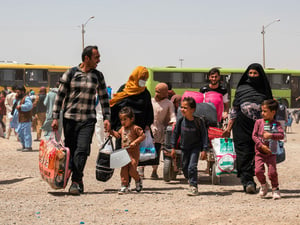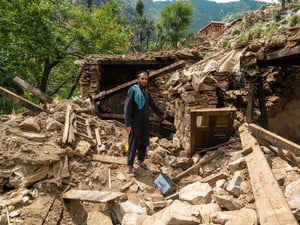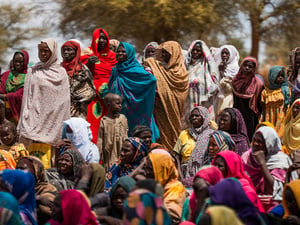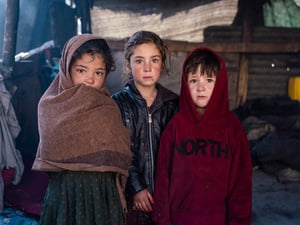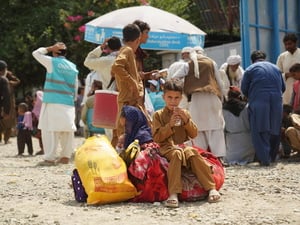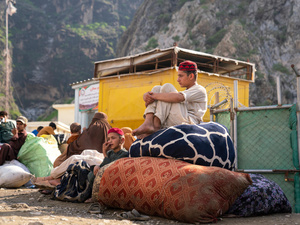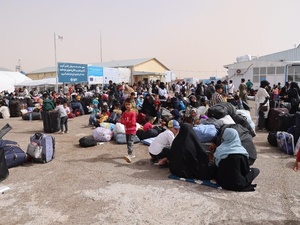UNHCR concerned at worldwide hostility to Afghan refugees
UNHCR concerned at worldwide hostility to Afghan refugees
UNHCR is very concerned about the increasing lack of hospitality being shown to Afghan refugees, the largest single group of refugees in the world. This lack of hospitality - and in some cases downright hostility - is showing itself not just in the immediate region, but all across the world.
The numbers of Afghan asylum-seekers spreading out beyond the neighbouring asylum countries have climbed dramatically over the past four years as conditions inside Afghanistan have continued to deteriorate. In 2000, Afghans were arriving in countries as diverse as Australia, Cambodia, Cuba and Iceland. In all, during 2000, Afghans applied for asylum in at least 68 countries across the world. Europe in particular has seen a very steep increase in numbers with the arrival rate almost doubling in the past two years. When arriving in industrialized countries, Afghans - like other asylum-seekers - are facing an ever-growing barricade of exclusionary measures designed to keep them out. In some countries they find themselves slapped straight into detention, in others they simply fold into a wider group generally stigmatized as bogus and unwanted.
That they are moving further and wider is not surprising, since the climate of hospitality in neighbouring countries is virtually extinct. The five countries bordering Afghanistan have all closed their borders, despite the fact that the conflict is still raging in some parts of the country, and serious human rights abuses occur on a daily basis.
Deportations continue to be reported from both Iran and Pakistan. In Iran, a strict new law forbidding employers to use foreign labour, has resulted in thousands of Afghans losing their jobs, and seems to have unleashed a wave of violence directed against them. UNHCR has received a number of reports of physical attacks on Afghans by local citizens, and also of a number of factories and other enterprises closing down because of the loss of their cheap labour force. We have also seen an increase in the number of spontaneous returnees going back into Afghanistan, which risks adding to the chaos caused by hundreds of thousands of internally displaced, conflict and an appalling drought that is now into its third year. Even Afghans who wish to go home - and for whom it is possible, since the effects of the conflict and drought are not consistent all across the country - are being discriminated against.
Donors are reluctant to fund repatriation, and other agencies are unwilling to take part in voluntary repatriation programmes, which in turn feeds into the negative mindset of the neighbouring countries who see little sign of burden-sharing. Overall, the picture concerning Afghans - the single biggest group of refugees in the world at four million or more - is about as grim as it can get.

